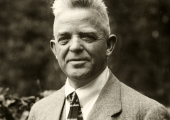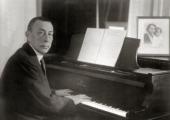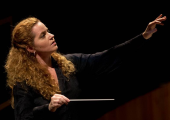theartsdesk in Oslo: Vasily Petrenko, the Leningrad Dynamo, comes to town
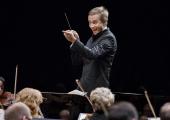
Conductor plans to celebrate the Oslo Philharmonic's centenary with Shostakovich, Scriabin and Strauss
I've never thought of myself as a Shostakovich fan, tending to regard what I know of his output as bleak and forbidding. Photographs of the stone-faced composer with the mortuary attendant's demeanour haven't helped.

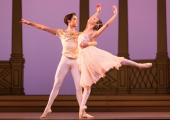

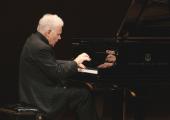
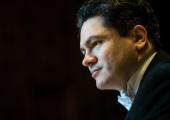

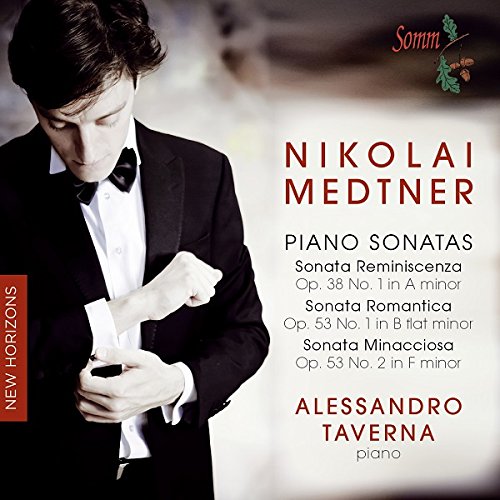 Medtner: Piano Sonatas Alessandro Taverna (Somm)
Medtner: Piano Sonatas Alessandro Taverna (Somm)
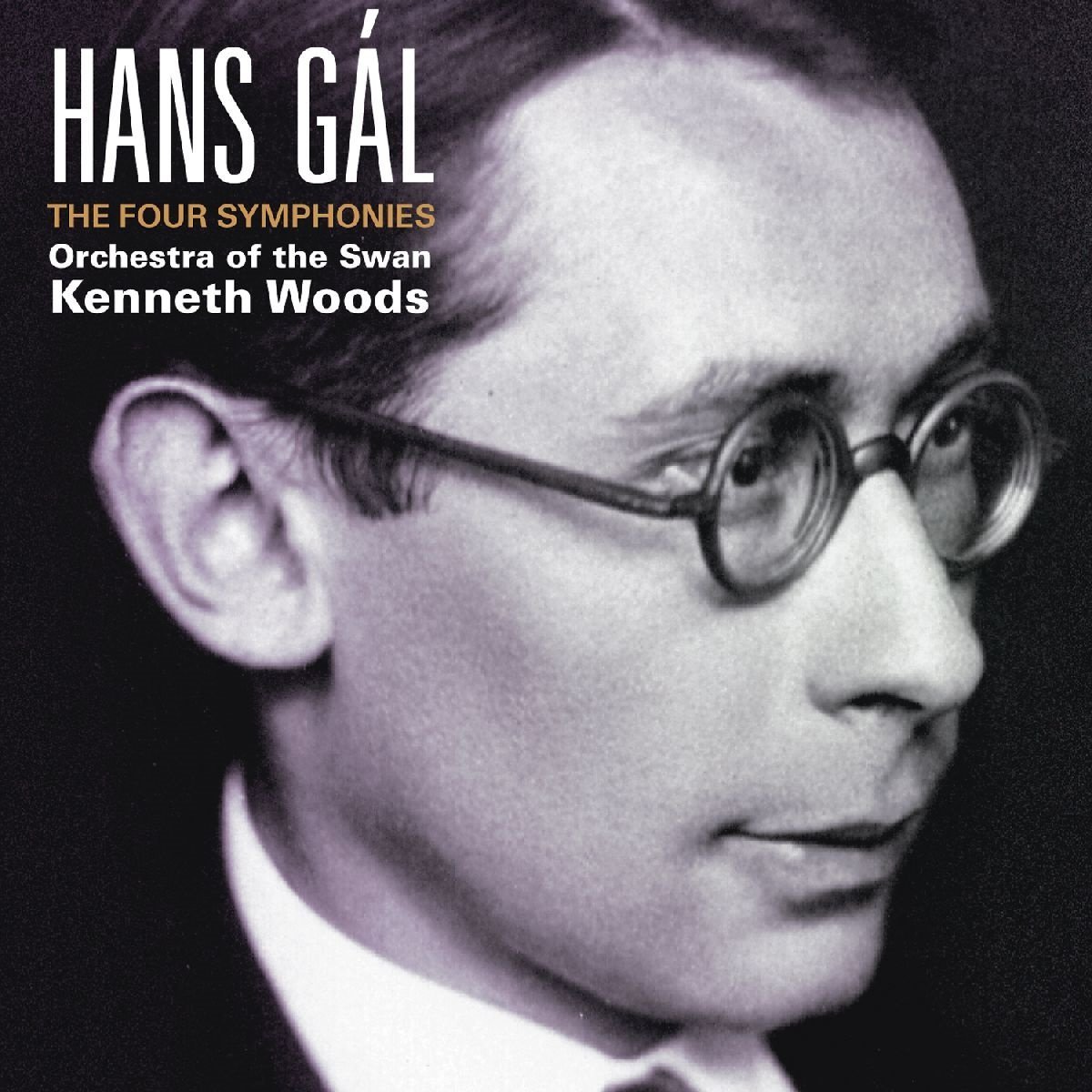 Hans Gál: Symphonies 1-4 Orchestra of the Swan/Kenneth Woods (Avie)
Hans Gál: Symphonies 1-4 Orchestra of the Swan/Kenneth Woods (Avie)